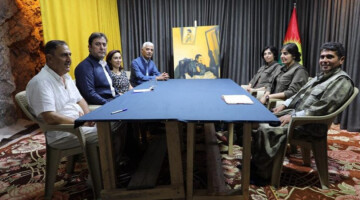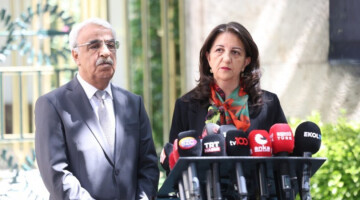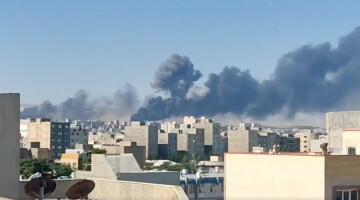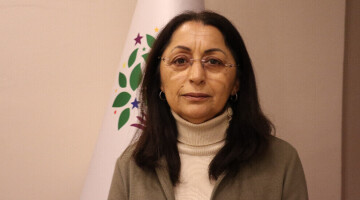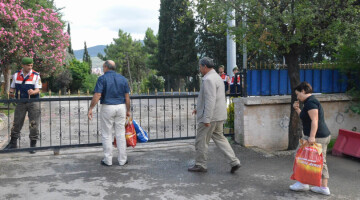No news has been received for 40 months from Kurdish People's Leader Abdullah Öcalan, who has been held in İmralı Island Prison under heavy isolation conditions for more than 25 years. The Turkish state, which insists on keeping Abdullah Öcalan in isolation, denying him the right to see his lawyer and family as a whole, continues to openly violate both the domestic law and many international treaties to which it is a signatory.
International organisations, particularly the European Committee for the Prevention of Torture, remain silent in the face of the isolation regime implemented by the Turkish state in İmralı.
In the face of all this unlawfulness, different social segments coming together within the scope of the "Freedom for Abdullah Öcalan, a Political Solution to the Kurdish Question" campaign, which was launched globally on 10 October 2023, continue their legal and diplomatic efforts to break the isolation in İmralı.
Most recently, the İmralı isolation was brought up at the United Nations (UN) Human Rights Council in Geneva. The Movement Against Racism and for Friendship between Peoples (MRAP), which works within the UN, drew attention to the conditions of Kurdish People's Leader Abdullah Öcalan with a conference organised as part of the 56th Human Rights Sessions of the UN Human Rights Council, which started on 18 June and will continue until 12 July.
One of the speakers of the conference, Laura Castel Fort, Catalan Senator, Member of the Spanish House of Representatives and Member of the Parliamentary Assembly of the Council of Europe, spoke to ANF about the isolation of Abdullah Öcalan.
“I think this isolation regime, as I said in the conference room, and as we checked during our mission last year, is a kind of torture. It is an incomparable situation,” she said.
Laura Castel Fort pointed out that: “Even in the H-block prisons during the 70s and 80s, and even in Guantánamo, it has not been this kind of isolation regime, because there was always some kind of communication. But Öcalan has suffered and is in an incommunicado situation. So, I think it is a clear violation of human rights, and it is a very long-lasting violation.”
Laura Castel Fort also criticised the silence of international authorities in the face of the lawlessness in İmralı and said: “When you remain silent in front of violations of human rights, you are backing the perpetrator. And it is even more blatant because this kind of organizations, mostly the Council of Europe, the United Nations and the European Union, are international organizations based on three pillars: human rights, democracy and the rule of law. All of these pillars are violated in the case of Öcalan, and they remain silent.”





